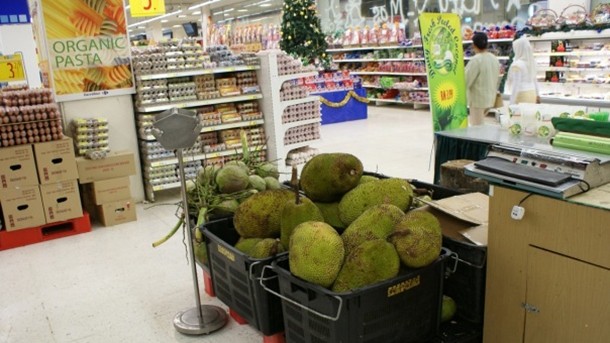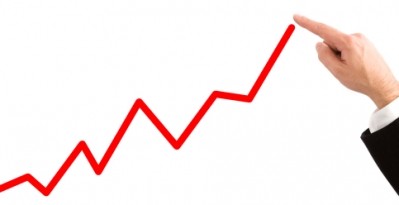Analysis
‘Lazy’ Malaysian food companies need to learn how to innovate

According to Tom Pfannenschmidt, director of the German-based dietary supplements family business that carries his surname, Malaysian food companies do not think out of the box.
“In Malaysia, multi-level marketing companies have a very strong position, and they are probably the trend-setters,” Pfannenschmidt told us.
“There are also companies in the food industry and the nutraceuticals business trying to build their presence, but sometimes I think a little bit of differentiation might be helpful for Malaysian players.
“Sometimes companies in Malaysia can be quite conservative with product development. Malaysia is a well-developed market for healthy food, but still, when it comes to differentiation, it has a long way to go.”
Pfannenschmidt has been operating in some Asian markets for decades. This has allowed Tom to give his assessment based on the quirks of each country, with Thai customers being especially “playful”, as he puts it.
“Thai food companies can be quite playful in contrast [to those in Malaysia]. This could be part of Thai culture, where individuality is seen as more important. If you see how people dress in Thailand, for example, people like to be different and express who they are. We are sometimes amazed by the types of food product and product concepts that Thai customers have—even by European standards.”
He cites Red Bull as a good example of this. The energy drink was invented in Thailand, and on the back of its global success, Pfannenschmidt has been seeing some very interesting functional drinks concepts coming out of the company.
“These are things that nobody has ever dreamt of elsewhere. And it all began with Red Bull, which was created in Thailand at a time when the whole concept of functional foods and drinks didn’t even exist in Europe.
“Then there’s Thailand’s whole concept of beauty foods, which I think is a strong issue in Thailand, and generally a strong sector throughout Southeast Asia. In Thailand, companies might innovate by offering combinations of a topical application and an oral application boxed together for the consumer. I find that Thai companies think outside the box — outside the conventional.”
According to Tom, Pfannenschmidt encourages its customers to be playful. It is nice, he says, when he sees Asian customers coming up with new ideas that in turn challenge the German company.
“We prefer customers with whom we can have a two-way dialogue, and it is interesting to see the direction our conversations are moving in Southeast Asia, where development is happening quickly, and where companies have faster reaction times than those in Europe. Back there, the market is mature and saturated and people aren’t hungry for new concepts, so for us Asia is a breath of fresh air.”
Although behind economically and developmentally, Vietnam holds a great deal of potential for companies like Pfannenschmidt, especially as the country has entered into a trend of adding functionality to basic products.
“This is starting perhaps on a low level, but it’s moving in a similar direction to what we have seen in more advanced economies, like Malaysia and Thailand. The basic income level in Vietnam is still quite low, so you can’t expect too many innovative products, but people are looking to differentiate products, which is a good sign. And as income levels grow in Vietnam, so will the complexity of the products that are on sale.”
However, the old regulatory elephant is still grazing in the room, while other factors for export stress, like the cultural differences between countries, are beginning to mount up as Asia booms.
“Even though some regulations can be harmonised, there are still cultural differences between markets, such as consumer demand for halal certification in Malaysia,” said Pfannenschmidt.
“Meanwhile, we see some levels of harmonisation, but we also see some markets where the regulations are stricter, such as Singapore, which is much more tightly regulated than other countries.”
With China’s regulations now being notoriously tough and changing all the time, Pfannenschmidt sees selling to China as a challenge that takes a long time and great expense to meet regulatory requirements. But the quantities demanded by China are enormous because of the size of the market, and Pfannenschmidt assesses each request to see if the approvals required are worth the time and effort.
“We don’t know what will happen in China in five years time, but we can see that people are getting wealthier and are taking a greater interest in their health. China’s consumers are willing to spend more for healthy products, especially if they are imported from abroad, and sometimes they are willing to pay prices that might be difficult for companies to charge in Europe.”

















